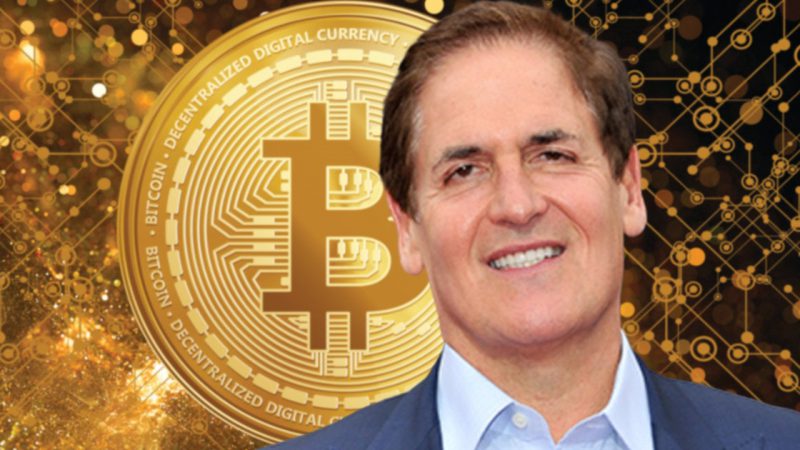Billionaire investor Mark Cuban got into a heated debate with John Reed Stark, former SEC (Securities and Exchange Commission) official, on Twitter over crypto regulations. Cuban made comments about SEC chair Gary Gensler harming the crypto industry. However, Stark was quick to respond to Cuban in Gensler’s defense.
Stark formerly served as the chief of the SEC’s Office of Internet Enforcement. Stark offers a wide spectrum of legal analysis on digital assets and currently positions himself as a moderate critic of cryptocurrencies.
Cuban objected to Stark’s apparent justification of the SEC’s recent legal action against Binance. Cuban claimed Stark is misreading the case’s implications. Moreover, the billionaire said that Gensler had sabotaged the growth of the crypto industry with his “regulation via litigation” strategy.
How does Mark Cuban believe crypto should be regulated?
Previously, Stark advocated that regulators ought to view crypto-related organizations as “large enterprises.” Cuban did not agree. He stated that many crypto businesses are small and shouldn’t “hire securities lawyers” in order to enter the market. According to Stark, digital currency holdings should not be the same as “pink sheets or stocks.” Cuban disagreed, labeling Stark’s perspective as slanted. Instead, he said that the SEC should present clearer standards for tokens and that they might actually be similar to conventional securities.
In the end, Cuban acknowledged that, like all of the early internet startups, “90 percent of blockchain companies” and “99 percent of tokens” will fail. Those who succeed “will be game changers.”
Cuban concluded by endorsing cryptocurrency and asserting that no one could deny its potential influence on the larger economy. He claimed that those who have an irrational hate of crypto would suffer from “Crypto Derangement Syndrome,” which he called the opposite of those who overestimate its potential.
Mark Cuban is a well-known American entrepreneur and investor who became involved in crypto in 2017. Cuban had initially called Bitcoin (BTC) a pyramid scheme. However, he has since changed his view and become a moderate advocate for the industry.





